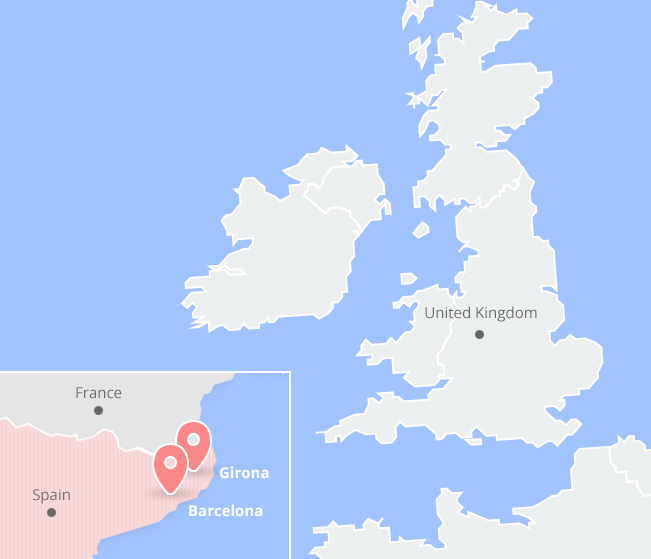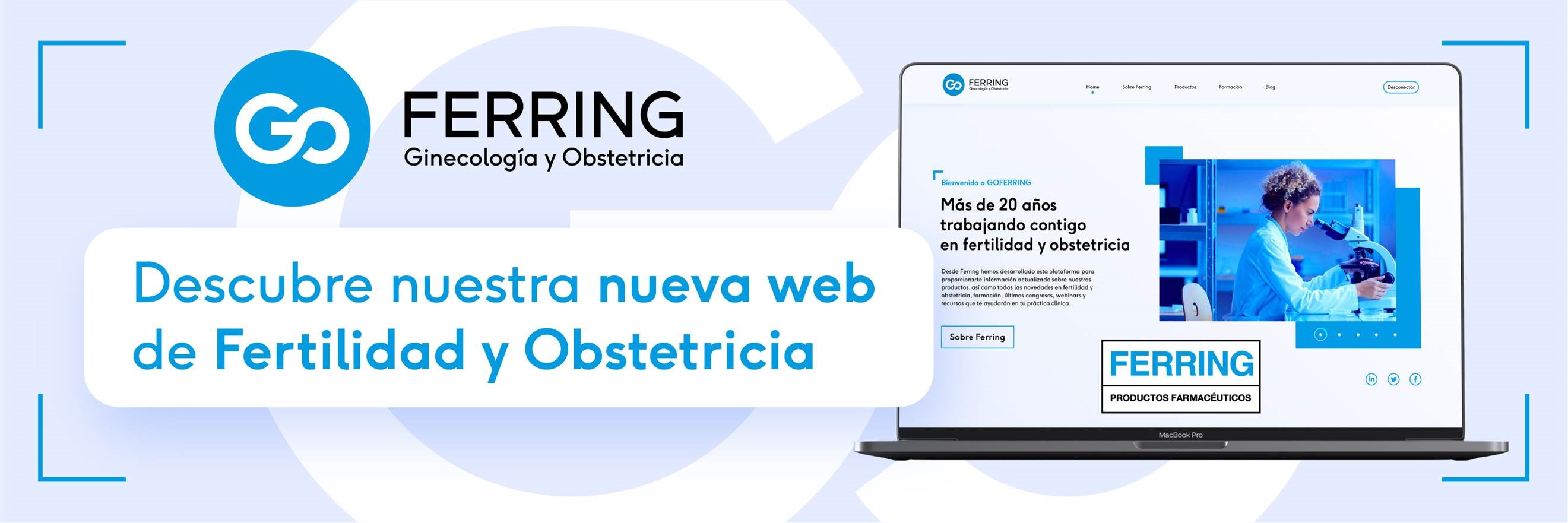Fertility study
We want and can help you become a mother, regardless of your civil status or sexual orientation.
Spanish law 14/2006 allows any woman over the age of 18 and capable of making decisions to freely undergo an assisted reproduction treatment.
Fertility study
Using the fertility study and any reports provided, the gynaecologist will have all of the information necessary to diagnose the reason for the infertility and, therefore, be able to offer the most appropriate fertility treatment to you, so that you can have the pregnancy you desire.
Basic fertility study
Clinical history (anamnesis)
A short questionnaire is used to collect all of the important information regarding the patient’s medical history.
Comprehensive gynaecological examination
This assesses the female genital tract and identifies any possible anomalies which might be the cause of the infertility.
Hormone analysis
This provides information about ovarian function and ovarian reserve. The results are fundamental and vital to the fertility study.
Gynaecological ultrasound
Evaluates the position, morphology and size of the uterus and ovaries. It also provides information regarding ovarian activity. It is recommended that this is carried out at the beginning of the menstrual cycle (between days 3 and 5).
Other complementary tests
Hysterosalpingography
An x-ray that examines the Fallopian tubes and uterus to assess if there is a blockage or structure that hinders pregnancy.
Study of ovarian reserve
Determines the ovary’s functional capacity, its capacity to ovulate. It essentially consists of:
- Ultrasound: antral follicle count.
- Hormone analysis: assesses the basal levels of different hormone indicators: FSH, AMH, inhibin B, estradiol...
Laparoscopy
A technique that displays the inside of the abdomen, due to the introduction of an optic system in the abdominal wall. It is the only test that directly diagnoses endometriosis.




 Español
Español Français
Français Català
Català Italiano
Italiano Русский
Русский











